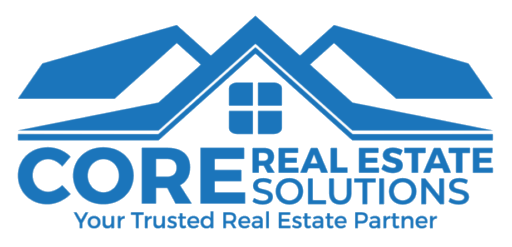Buying a home is a significant milestone, often marking the beginning of a new chapter in life. While the process can seem daunting, especially for first-time buyers, it can also be an exciting journey with the right guidance. Our home buying checklist is designed to simplify the process and ensure that you are well-prepared every step of the way.
From understanding your financial readiness to exploring various neighborhoods and finally closing the deal, our checklist covers all the essential aspects of buying a home. By following these steps, you can navigate the complexities of the real estate market with confidence and make informed decisions.
Our goal is to empower you with the knowledge and tools needed to find your dream home and make it yours. So, whether you’re a first-time buyer or looking to upgrade to a new home, our checklist is your roadmap to a successful home buying experience.
Home Buying Checklist in Fort Myers
Step 1: Get Financed
Before you start shopping, you will need to know how much home you will be able to buy. Shop around with a couple different lenders and see what is available to you. There are all sorts of programs out there, you can even find ways to get help with your down payment. Talk to friends who have recently purchased, and find out which lenders they used and how the experience was for them. Of course, every situation is different, but don’t be afraid to look around a bit at what the lenders are able to offer you.
When you work with a lender, you will need to know the down payment you are able to make. Do you have 20% for a conventional loan? Or the 3.5% for an FHA? Are you financially prepared to take on a mortgage, interest, insurance and property taxes? Some people might spread themselves too thin in an effort to get approved on paper. However, it is critical that you are honest with yourself here and stay within your means. Just because you are approved for a certain amount, doesn’t mean you need to spend it all. As a parent would say, “Make smart decisions.”
Once you know what you can afford, you can work with a lender to get approved. Most lenders will tell you what you need to do to get that approval. They can even help put together an action plan to help you reach your goals.
Step 2: Go Shopping
When searching for a new home, it’s crucial not to limit yourself to just the listed properties but also to consider those recently sold. This broader view provides a more realistic understanding of what your money can truly afford. While sellers can list their properties at any price, the actual selling prices often differ. Keeping an eye on the market and its annual trends helps you make informed decisions.
When it comes time to bid, do so with intelligence and foresight. Avoid impulsive moves that may seem advantageous in the moment but could end up costing you in the long run. Being well-informed about the market and its nuances ensures that you make the most of your investment and find a home that meets both your needs and budget.
Before you make an offer, find out EXACTLY what is included with the home. Is the seller including any furniture? What about the appliances? You cannot assume they are included unless you have it in writing. You wouldn’t want to find out on the day you move in that you need to go buy a refrigerator or washer.
You will want to make sure the seller has a home warranty in place to cover any major repairs that are needed over the next year. You need to have the reassurance that something isn’t going to immediately go wrong right after you move in. Home warranty to cover major repairs over next year
Have an inspection done by a professional, licensed inspector. Once your inspection is done, talk to a licensed contractor about the cost of repairs. You can take this to the seller to negotiate who will pay to fix the home or work the repairs into the final sale price
Step 3: Buy Your Dream Home
When dealing with most lenders, an appraisal of the home is typically required before funding can be approved. This appraisal ensures that the home meets the lender’s requirements and provides an accurate valuation for the property. If the home does not meet these requirements, it may impact your ability to secure financing for the purchase.
Once your lender has approved the financing, it’s important to obtain detailed closing costs and review all associated fees. These costs can include appraisal fees, loan origination fees, title insurance, and other closing costs. Understanding these fees and costs upfront can help you budget effectively for the purchase and avoid any surprises at closing. Working closely with your lender and real estate agent can help ensure a smooth closing process and a successful home purchase.
Schedule a final walk through, checking all switches, fixtures, outlets, etc. (Some small things can be a sign of bigger problems!) Final walk through test all fixtures, switches, outlets faucets, etc.
Once you are satisfied with everything, you are ready to sign your contract.
Congratulations! It’s time to move in!

